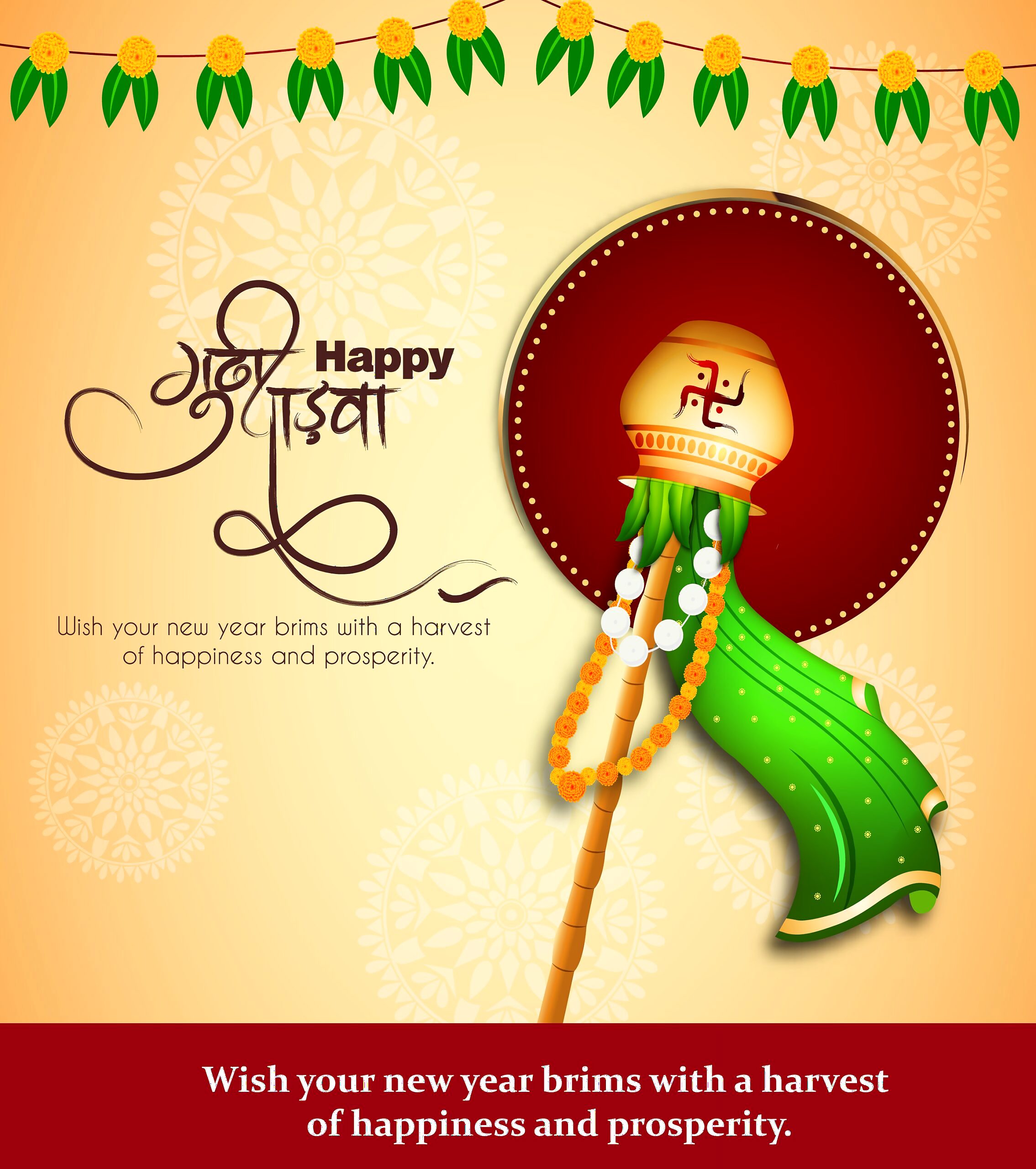
views
Gudi Padwa is a Hindu festival observed in Maharashtra, Goa, and certain areas of the Konkan region. This festival is significant to the Marathi and Konkani communities. They commemorate this day with great enthusiasm and delight. It is observed on the first day of Chaitra, which marks the start of the Marathi New Year.
The term Gudi (or Gudhi) refers to Lord Brahma’s flag, while Padwa refers to Pratipada (the first day of the new moon phase in the Hindu calendar). It is also the start of a new harvest season for farmers.
Gudi Padwa 2024: Date, Timing and Shubh Muhurat
This year, the Gudi Padwa festival is being celebrated today on April 9. According to Drikpanchang, the Pratipada Tithi began at 11:50 PM on April 8 and will conclude at 08:30 PM on April 9.
For Maharashtrians and Konkanis, Gudi Padwa marks the new beginning. It symbolises the beginning of a new cycle known as Samvatsara, which lasts 60 years. Each of these sixty years is identified by a unique name.

Gudi Padwa 2024: History and Significance
The festival of Gudi Padwa is considered important since it is believed that Lord Brahma created the cosmos on Chaitra Shukla Pratipada, which is observed on Gudi Padwa day. According to another legend, Lord Ram, Lord Vishnu’s seventh avatar, returned to Ayodhya on this day after killing Ravana and ending his 14-year exile.
Some people believe Gudi Padwa is a celebration of the Marathas’ victory against the Mughals in the 17th century. According to mythology, Chatrapati Shivaji raised a ‘gudi’ following their victory, and the ritual has been carried on ever since.
Gudi Padwa signals the start of the New Year and the onset of spring. It is time to harvest the Rabi crops.
Gudi Padwa 2024: Rituals and Celebrations
Gudi Padwa is traditionally celebrated by hoisting a gudi. The gudi is a flag-like structure constructed of bamboo, silk, and cloth that is adorned with flowers, neem leaves, and a copper or silver pot. It is typically displayed outside dwellings, on terraces, or at the front door.
People use flowers, mango leaf torans, and rangolis to clean and adorn their homes. Dishes like modak, shrikhand, and puran poli are cooked and shared with friends and family. People go to temples to ask for blessings and pray. Devotees also participate in street processions, enjoy local cuisine, and celebrate this day in big style.




















Comments
0 comment